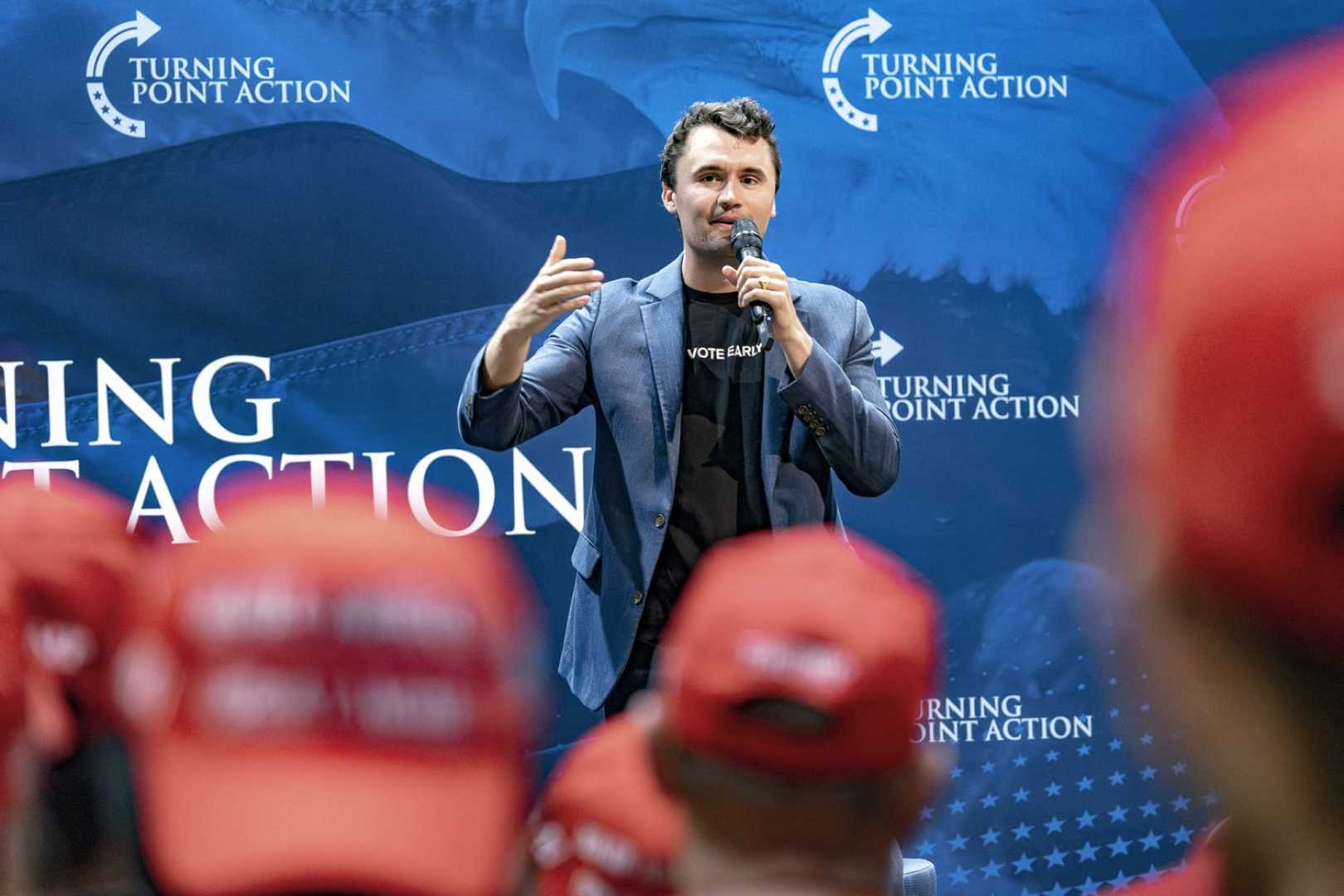Politics
Controversies Surround ‘Get Out the Vote’ Efforts by Turning Point Action and Elon Musk

In the lead-up to the 2024 elections, two prominent initiatives aimed at boosting voter turnout have come under scrutiny for their methods and potential legal implications. Turning Point Action, a conservative organization led by Charlie Kirk, has been organizing get-out-the-vote drives in collaboration with at least 22 evangelical churches across six key battleground states since March.
Legal analysts argue that these activities may violate the Johnson Amendment, a 1954 law that prohibits churches and other nonprofit entities from endorsing political candidates directly. While churches have historically been involved in voter registration and canvassing, the overtly partisan nature of Turning Point’s efforts is seen as a significant overstep. Philip Hackney, a law professor at the University of Pittsburgh and former IRS official, noted that these actions could threaten the churches’ tax-exempt status.
Meanwhile, Elon Musk‘s voter mobilization initiative through his America Pac has faced criticism for its treatment of canvassers and the lack of transparency in their hiring process. Canvassers in Michigan reported that they were unaware they were working to support Donald Trump until after signing non-disclosure agreements. They also faced pressure to meet demanding door-knocking goals and were transported in unsafe conditions, such as in the back of a U-Haul van without seatbelts.
The canvassers were instructed to use a mobile app to track their interactions and were promised rental cars but instead were dropped off at intervals to conduct their tasks. The situation has highlighted the challenges and ethical concerns surrounding Musk’s efforts to boost voter turnout for Trump in critical battleground states.
Both initiatives have drawn significant attention for their potential to influence the election and the legal and ethical questions they raise. As the election approaches, these controversies underscore the complex and often contentious nature of voter mobilization efforts in the United States.












